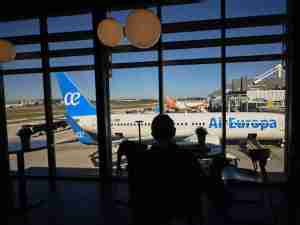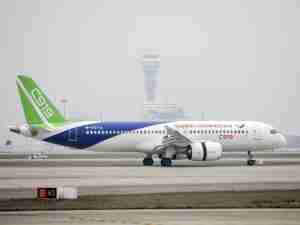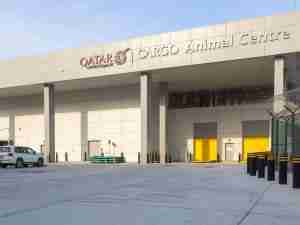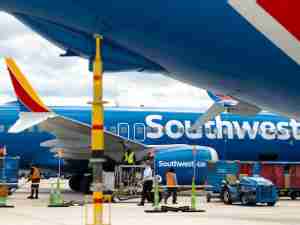- A recent agreement to shift cabin crew from defined benefit to defined contribution pensions should offer some relief, however.
You’d Need an Aircraft Hangar to House the Airlines’ Woes: Gadfly
By: | Jul 21 2016 at 07:23 AM | Air Cargo
You’d need an aircraft hangar to accommodate the various woes of Europe’s airlines right now: terror attacks in France and Belgium, a failed coup in Turkey, the Egyptair plane crash, a refugee crisis in North Africa and the Middle East. Oh, and Brexit.
A profit warning from German flag carrier Lufthansa on Wednesday night was followed swiftly on Thursday by news of falling revenues at budget rival EasyJet. Airline shares nosedived, with Lufthansa falling more than 8 percent.
Not so long ago the talk was how cheap fuel was going to lift airline profits to fresh heights. Instead, as Gadfly feared, airlines rushed to add capacity and are now getting slammed because the demand isn’t there to support all those additional seats. Lufthansa saw yields (revenue per seat) fall 5.2 percent in the first half and expects them to fall 8-9 percent during the next two quarters. EasyJet suffered an 8.3 percent yield decline in its fiscal third quarter, with the outlook for the next three months not much better.
In fairness, most of the problems aren’t of the airlines’ making but that’s of little comfort to investors: the MSCI Europe Airlines Index has fallen almost a third this year.
What matters is how the sector responds. It’s too late to cut many flights and routes this year. Lufthansa has trimmed planned capacity growth by just one tenth to a still excessive 5.4 percent for this year. EasyJet expects capacity to increase by a similar amount during the next three months, which hardly bodes well for profit.
Unless airlines start talking of significant capacity cuts for next year, valuations probably won’t improve much. Lufthansa trades on a paltry four times the next 12 months’s estimated earnings, while fellow basket case Air France-KLM is on less than three times.
Still, in the rush to sell stocks, investors should bear in mind that some have balance sheets and cost structures that leave them better positioned to manage the turbulence. Broadly speaking, European airline operating margins have improved because of better cost control—but this doesn’t apply across the board. Air France-KLM remains a laggard, at the opposite end of the spectrum to Ryanair’s low operating costs. Those should help the Irish company win any fare battle with rivals. Indeed, Deutsche Bank analysts think it could emerge stronger if Europe falls into recession.
Similarly, while EasyJet has taken a kicking from investors this year, it has some advantages. Its dividend should be more sustainable than Lufthansa’s because it has a 368 million pounds ($486 million) of net cash compared to the German airline’s 2.5 billion euros of net debt. The latter figure doesn’t include Lufthansa’s pension deficit, some 6.6 billion euros at the end of December (one-third bigger than its market cap today).
Plunging discount rates—used to value future pension liabilities—will probably make the deficit worse. British Airways owner IAG could face similar problems. Worryingly, it missed a June regulatory deadline on how it plans to plug the hole in the BA plan, last measured at 3.3 billion pounds in 2012.
IAG boss Willie Walsh has also done his bit in cutting cost, but it seems a little unfair that EasyJet shares have performed worse since the Brexit vote. A note this month from Barclays analysts estimated that BA could experience zero growth if the U.K. suffers a mild recession, European economies slow further and Britain exits the EU but stays largely in the single market. Under the same scenario, EasyJet’s growth would slow to 6 percent.
That’s not great, but it does call into question whether EasyJet deserves to be the European laggard.
This column does not necessarily reflect the opinion of Bloomberg LP and its owners.











